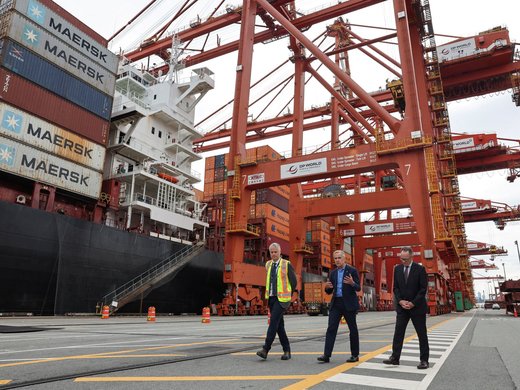When the world entered the First Space Age in the 1950s, only a few developed economies pursued access to space for their geostrategic goals. Over time, the global space apparatus began providing space applications to developing economies, helping them raise their socio-political indicators. Today, many nations of the Global South have recognized the significance of access to space and are investing efforts towards pursuing it. However, there is a stark divide between current and developing space powers, with the current powers creating astropolitical blocs based on the geostrategic space race that has waxed and waned but never diminished. This bloc formation burdens the developing space-capable countries with the geostrategic aspirations of the bloc leaders. In light of the fast-paced changes that space commercialization is bringing about worldwide, a new set of outer space regulations are needed under the auspices of the United Nations to narrow this Global North-South divide and ensure that access to space is equitable and benefits the inherent needs of human development and Earth’s well-being.


